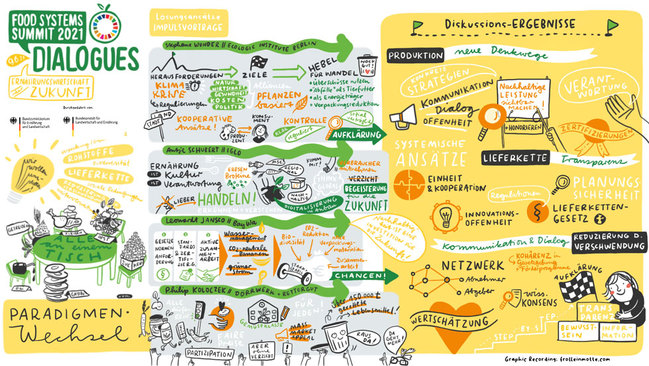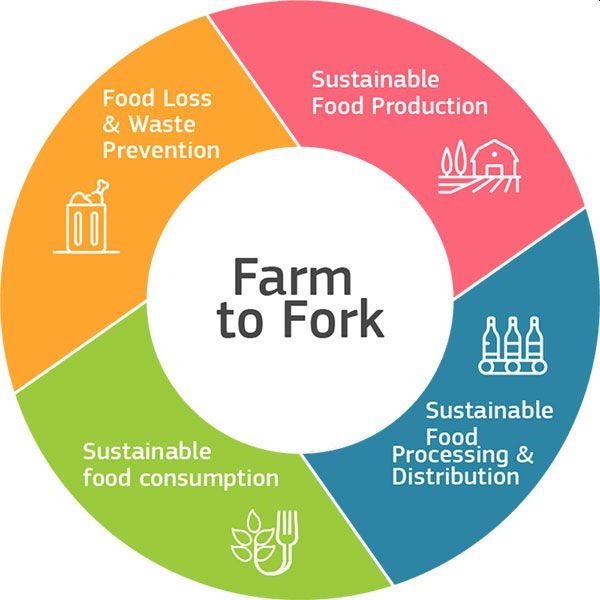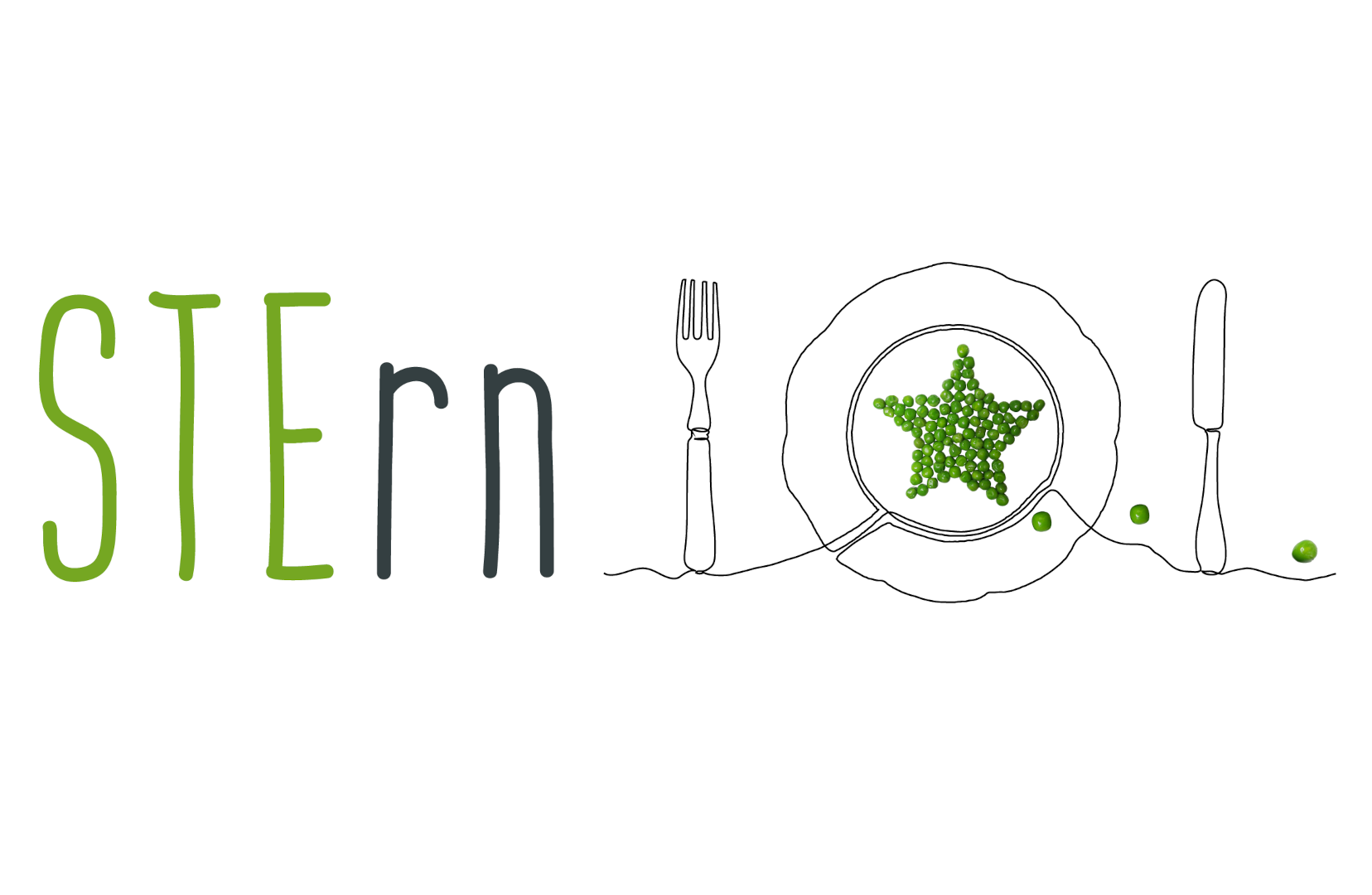Bild von Kerstin Riemer auf Pixabay
Nutrition stands at the intersection of health, environmental, climate, and equity issues and is a key lever for sustainable societal development. Enabling people in Germany to adopt healthy and sustainable dietary practices requires an improvement of structural framework conditions, particularly through the design of supportive food environments.
Importance of Regional Structures
The regional level plays a central role in the transformation towards more sustainable food systems. By fostering close cooperation among actors along the entire value chain – from production and processing to marketing and consumption – regional characteristics can be taken into account, and existing potentials can be harnessed more effectively. Municipalities and regions hold considerable potential to initiate and consolidate impulses for the establishment of healthy, sustainable, and resilient food structures.
Potential of Out-of-Home Catering
Out-of-home catering, particularly in the area of communal catering, represents a key field of action. Institutions such as daycare centres, schools, workplaces, hospitals, and senior facilities reach individuals of all ages and social groups. Through their meal offerings, these institutions can promote healthy dietary habits and, by demanding regional, seasonal, and organic products, strengthen sustainable supply structures. Moreover, individual out-of-home catering – such as meals in restaurants or cafés – can likewise contribute to supporting health-oriented and sustainable eating habits in everyday life.
The Model Regions Programme "Eating Better in the Region"
Against this background, since 2024, the German Federal Ministry for Agriculture, Nutrition, and Home Affairs (BMLEH) has been supporting selected regions in Germany through the model regions programme "Eating Better in the Region". The overarching aim is to exemplarily implement and test innovative approaches for fostering more healthy and sustainable nutrition.
The ten funded model regions across Germany pursue five central objectives:
- Implementation of the German Nutrition Society's quality standards for communal catering in as many institutions as possible within the respective model region,
- Achieving a minimum of 30 percent organic food in out-of-home catering (particularly in public procurement) and thereby contributing to the expansion of organic farming within the region,
- Development and strengthening of regional value chains extending from production to out-of-home catering and private households,
- Contribution to the enhancement of supply structures for regionally, seasonally, and organically produced foods – from production and trade to the point of consumption,
- Contribution to halving food waste in Germany by 2030 and to the reduction of food losses.
In addition, the model regions may pursue region-specific objectives designed to address local challenges and harness particular regional potentials.
Evaluation by the Ecologic Institute
Ecologic Institute, in cooperation with Technopolis Deutschland, is conducting the evaluation of the Model Region Competition. The purpose of the evaluation is to assess both the achievement of projects' objectives and the overall effectiveness of the funding initiative, as well as to derive cross-cutting insights regarding the institutionalization and transferability of successful approaches.
Methodologically, the evaluation is based on a combination of qualitative and quantitative methods, including the monitoring of project-specific indicators, two standardized online surveys, semi-structured interviews and focus groups with project stakeholders, as well as a network analysis. This methodological triangulation ensures a robust assessment of the effects of individual projects and an overall evaluation of the measure’s impact.
The evaluation results will serve not only as an instrument for policy performance assessment but also as a practice-oriented, evidence-based foundation for the continued development of nutrition and sustainability policy in Germany.
Ecologic Institute leads the evaluation process and is responsible for the monitoring as well as for conducting interviews and focus groups.






